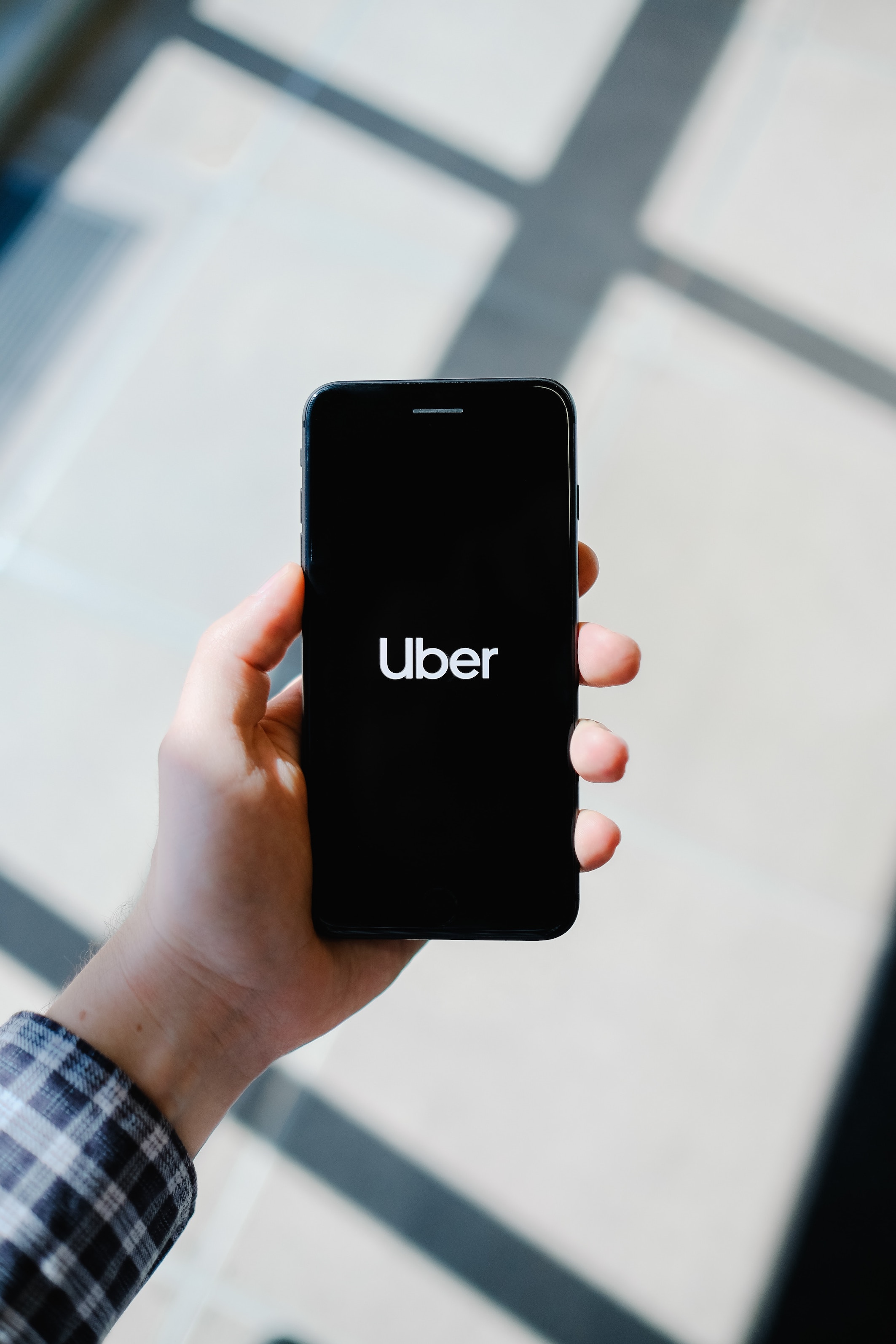Three Things (1/17)
Jan 17, 2024
Uber sobers up, AI content wars, and M&A in 2024

Refer friends to Smart Cash to earn 6.0%* gross yield for up to 12 months. They'll earn 6.0%, too. See details.
Uber sobers up
Uber announced that it’s shutting down Drizly, the alcohol-delivery service it acquired for $1.1 billion in 2021. Uber bought the company when lockdowns boosted alcohol-deliveries but sales haven’t kept pace with other business segments. According to reports, the company plans to continue its focus on allowing consumers to “get almost anything – from food to groceries to alcohol – on a single app”.
Drizly was always a bit of an odd match for Uber, in that it didn't hire or contract its own delivery workers. Instead, Drizly provided backend tech that let local liquor stores provide their own deliveries. In cities like New York, it was likely serviceable but having never fully integrated into Uber’s ecosystem, it makes sense that they’re refocusing costs into their (almost) everything app.
AI content wars
There is increasing scrutiny on OpenAI and other companies that power generative AI tools over their use of copyrighted materials. Marc Benioff, owner of Time Magazine, noted on Tuesday that “all the training data has been stolen.” This comes after The New York Times, Fox Corp, and CNN sued OpenAI for using the publication’s articles without permission. OpenAI has disputed that it used protected material without permission.
The dialogue certainly opens a can of worms around who should be compensated and at what price. We wonder what a fair price for the data is and that likely won’t be figured out overnight. In the meantime, OpenAI and other LLMs are increasing their market caps, maybe at the expense of legacy content providers.
M&A in 2024
Executives at the biggest banks are expecting an increase in mergers and acquisitions in the coming months. Amidst earnings reports, Goldman Sachs reported that their deal pipeline “saw really strong replenishment and improvement in the fourth quarter” while the Morgan Stanley's CFO noted that “strength and sentiment should support broad M&A and new capital market issuance.”
Interest rates and the Fed’s pivot are likely the culprit for boardroom optimism. It’s easy to believe that pipelines are strong as dealmakers had their worst year since 2012, signaling there’s some variation of pent up demand. The aforementioned optimism comes with a caveat that uncertainties linger (geopolitical tensions, inflation, an election, etc.), potentially altering expectations. Markets are pricing in perfection and dealmakers are counting on it.
As of writing, UBER is a holding in Titan's Flagship strategy.